#an interactive completely text-based story game where you are an outside individual guiding another person through a storm
Text
what if i made a fucked-up tubbo ai that thinks everyone he used to know is dead and their corpses are rotting where he last saw them. like i know that would be horrible but i honestly think it would be a really interesting way to use the ai thing as the developers intended, a new way to create interactive art and stories that write themselves even after you’ve put your pen down
#cat’s thoughts#dream smp#c!tubbo#it would take a lot of work and a lot of perfecting before i could use it as the performance art i’m imagining#but i keep thinking of when i played whiteout#an interactive completely text-based story game where you are an outside individual guiding another person through a storm#and GOD it was so good every few years i remember it and go !!!!! about it for a bit#anyways. fucked up ai tubbo would work a little bit like that
3 notes
·
View notes
Text
Holes in the Firmament
Every dev I know has at least one dream game - stuff that they'd love to be able to make some day. The more ambitious these get - the more complex or long - the less likely they are to get made. And in a collaborative medium like games, the more people (and the more money!) involved in a project, the less control any given individual has over it.
This isn't intrinsically bad. (It can also be wildly valuable to a project and rewarding personally.)
But we devs still dream of those games we'd make if we had, say, the resources of a two hundred person studio, the backing of a major publisher, and absolute freedom.
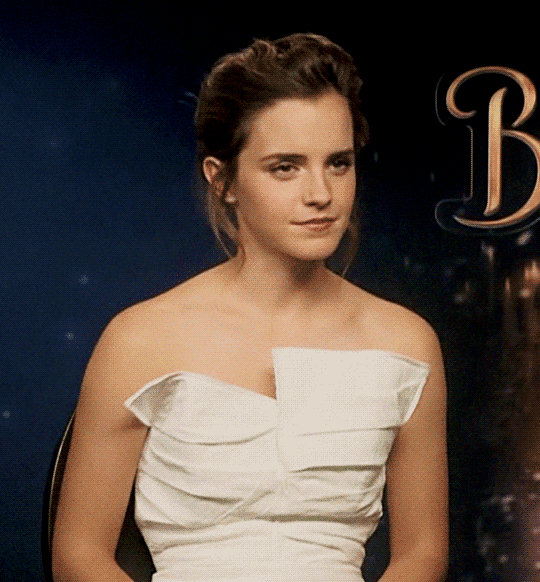
Three of mine are behind the cut.
As a note, none of these reflect upcoming Obsidian projects. Nor are they projects Obsidian would likely ever make. They don't fit the studio's brand. Which is why I'm dreaming about them here, and not pitching them internally.
So, first up!

A Squad-Based 1st-Person Firefighting Game with a Robust Relationship System and a Branching Narrative
I don't understand why there aren't more games about firefighting - though if I had to guess it's largely because making fire look good in-game is extraordinarily difficult. As is making an environment decay over time (though I suspect there are probably some pretty good, easy solutions for this using dev sleight-of-hand).
There are actually a Iot of interactive sim games about firefighting for training purposes. Much like war and flight, firefighting is something best trained without risking real life and limb.
Firefighting appeals to me as a gameplay space because it's actively protective - it's about limiting destruction and saving lives. But it can very easily be modeled with similar gameplay loops to shooters - ultimately both are about emptying rooms of danger - here it's just with water instead of bullets.
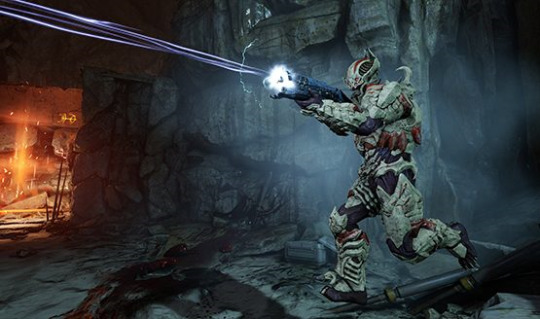
I could be water!
In short, firefighters engage in almost unequivocal good. They're heroic. They’re human. They’re flawed. And they brave dangers every day. But our industry basically ignores them.
Firefighting would give us the opportunity to set games in the modern world with people who, during their off hours, experience much more relatable struggles than your average freedom fighter, super spy, or elite soldier - relationship difficulties, debt, children, and the like.
So what would this game actually look and play like? It would likely be mission-based (calls come in of their own accord, after all), make use of movement and environmental hazards (not unlike a cover-based shooter), and have simple companion-direction mechanics similar to the Mass Effect trilogy or Spec Ops: The Line.
(Alternatively, the action could be dialed down a bit to focus on positioning a la Valkyria Chronicles.)
The gameplay would be focused on keeping your squad alive while saving as many people as possible.
Between missions you hang out at the station, or the bar, or at home - or try to balance all three, a la Catherine. You build relationships, helping your squad perform better together. You never recruit anyone, but your companions, your fellow firefighters, can die in missions, altering the narrative in both tone and content.

tl;dr: Mass Effect 2 meets Rescue Me with some dashes of Catherine
Next!

Narrative-Focused Urban Fantasy RPG/Immersive Sim
How does this not exist yet? Where's our Dresden Files or Hellblazer inspired RPGs? Or even The Magicians or Harry Potter, for that matter?
Where my Chilling Adventures of Sabrina RPG?

There's Vampire: The Masquerade: Bloodlines, which, while fantastic, is 13 years old.
While I'm looking forward to Necrobarista, that seems like a pretty tight, focused experience.
We've plenty of games with magicians in fantasy realms or in space - AKA BioWare's entire oeuvre - but few in the AAA space set in the modern world.
Unless you count superhero magicians.

Wait. Did Dr. Strange even get a game? Google suggests no. What’s going on here, videogame industry? Why won’t you suffer a witch to live?!
Honestly, I get to an extent why this is. There's a reason there've been Vampire: The Masquerade and Werewolf: The Apocalypse games, but no Mage games, either for Ascension or Awakening. Magic is broad, and often (especially in games) wildly destructive, which can be at odds with a modern setting (or rather what makes a modern setting interesting).
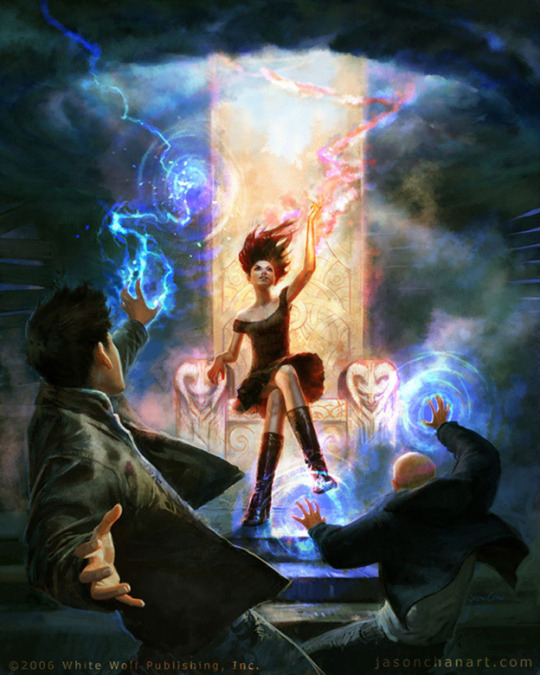
Art by Jason Chan, from Reign of the Exarchs by White Wolf.
But it doesn't have to be.
The flexibility of magic actually allows for a lot of different gameplay styles. You can do straight up first-person action like The Darkness or stealth survival like Last of Us. If I were to adapt Phonogram, a comic I love deeply, you can bet your ass there'd be beatmatch spellcasting.

A lot of gameplay mechanics we take for granted are actually damned-near magical.
Maps that point you where to go and tell you where your enemies are?
Dropping from a second story window without difficulty?
Regenerating health?
Items that make you smarter, stronger, or more likable?
Bullet time?
Rewinding to an earlier point in time to avoid death or a bad decision?
So that's another question a developer has to answer: if magic comes in so many shades, what color is yours? What are you hoping to accomplish?
For me, the presence of magic in the modern world demands a layer of secrecy that implies other layers of secrets. A modern world in which magic functions immediately deepens. What else lurks out there? Where are the other magicians? How are they using their abilities?
Additionally, magic is surreal. Bend and twist reality, and you're forced to look at it from new angles. If you can tweak people's emotional responses to you, how do you know the relationships around you are real?
And that's before you realize your dreams literally might come true - especially the nightmares. Is the face in the mirror a reflection, or something sinister and jealous? Is the ghost haunting you your literal past reaching out to reclaim you?

My dream modern magician game is an open-world immersive sim in an urban setting. Drop Prey, Dishonored, or BioShock style gameplay into a sprawling city filled with physics objects ripe for transmutation and NPCs waiting to be enchanted. Add an otherworld accessed by stepping through mirrors (the entire map within is reversed).
It's about what power can accomplish, what justifies its use, and what its limits are.
Populate the world with a few powerful magician NPCs with their own agendas; dozens of NPCs to chat up, learn more about, seduce, and manipulate; and a threat that could consume reality's very soul if someone doesn't step up to deal with it. Shake. Serve.

tl;dr: Dishonored meets Vampyr by way of Hellblazer and Hellboy
And finally!

Friendship Simulator 2019
My favorite parts of the Persona games and Catherine are the things outside of the core gameplay loops. The bits where you're hanging out with your friends, chatting with them, finding out more about them, and guiding and supporting them (or tearing them down).
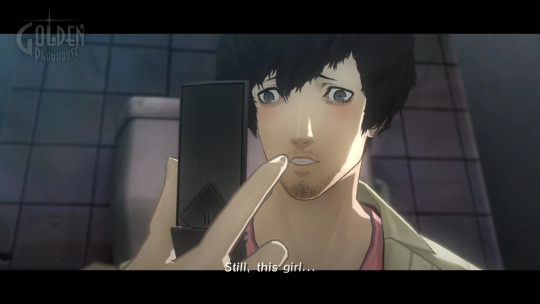
Or hiding in the toilet to text your significant other.
One of the things I love about Persona 5: Dancing Star Night in Starlight is that the narrative is almost solely in this mode. It's entirely about learning more about your fellow Phantom Thieves.
Lest you think I uncritically and unabashedly love it, P5D has some major narrative problems - it entirely fails to pay off its initial premise, for example, and there's no persistence to the player choices or (player-driven) reactivity within the narrative.
Nor does the way the player "progresses" the narrative make a tremendous amount of sense within the fiction of the world.
Sorry I got distracted.
Point is, from a narrative perspective it's a game about getting to know people better - literally exploring their lives - and then supporting (or undermining, if you're terrible) them.
Similarly, nothing the player says in Persona (or, for the most part, Catherine) has any impact on the game. The player might progress a Social Link more slowly by being an ass to the protagonists' friends, but they'll still increase that Link over time, provided they put time into it.
And I don't want to be dismissive here. Time management is one of the major ways in which the player engages with the Persona games. Outside of combat and maybe monster-training, it's probably the most important mechanic at play. Taking longer to max out a Social Link means you're missing other content and missing opportunities to increase your stats. Or maybe the Social Link doesn't get completed at all. (Sorry, Haru.) Or maybe you’re not powerful enough to overcome the next Shadow in time and your game ends. Those are non-trivial consequences.
But the story of the Social Link, or the story of the game, will never change based on (the vast majority of) the player's interactions with their buddies.
Despite that, the games give the player a lot of freedom as to when (or whether!) they approach those relationships.
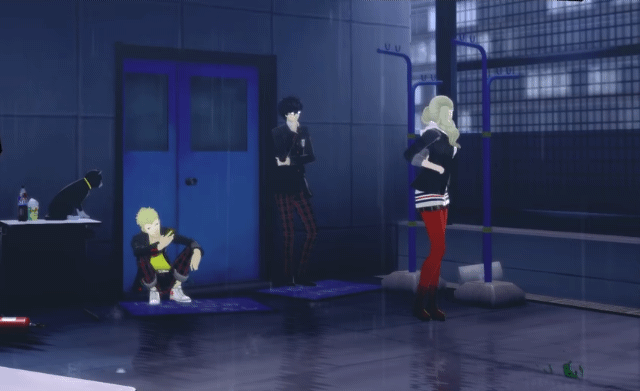
On the other end of the spectrum, Life is Strange (and Before the Storm) does a fantastic job of letting the player get to know the characters around Max (and Chloe) and responding logically to the player's choices.
The kid who has a crush on Max (Warren, I think?) remembers what the player promises him and then responds to whether or not the player follows through on it.
If Chloe plays A Game That Absolutely Involves Neither Dungeons Nor Dragons with her friends, they'll refer to it excitedly later and ask her to join in another round.
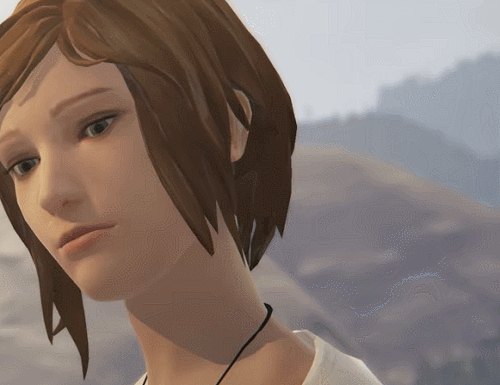
The TellTale games are also pretty good at this, especially Wolf Among Us, but that'll take me a bit far afield.
What Life is Strange does not provide the player is any control at all over the flow of the narrative. When the player completes a narrative beat within a scene, they're rushed along to the next scene, which is never one of their choosing. There's plenty of flexibility within the relationships (and within many of the smaller subplots), but little within the game's larger structure.
Ultimately, Persona provides little variability, while Life is Strange provides little narrative control.
I want to make a game that grabs the strong aspects of both of these while jettisoning their weaknesses.

(Far, far easier written than done!)
Basically, I want to make a game focused on the exploration of relationships. Where the personalities are the mysteries to unravel, and the interpersonal relationships between characters the dungeons to be navigated. Where the inner demons are the beasts in need of slaying - not through mystically entering the subconscious and doing battle with the Shadow, but through conversation.
I want a game about building a community, a family, and helping it come to support itself.
I think that one essential change that would make this significantly more doable is discarding the larger threats to the characters, especially those supernatural in nature. The relationships among the cast of Persona 4 are propping for the story of the Midnight Channel Murders. Arcadia Bay's pending apocalypse distracts from the relationships that seem to be the actual core story of Life is Strange.
(I find Before the Storm a stronger narrative than the original Life is Strange in large part because it's not being torn in multiple directions.)
Which isn't to say that there can't be threats, obstacles, and dangers. The world presents all manner of difficulties. Most of them requiring far more challenging and interesting solutions than "stick a sword in it."
That's a lot of abstraction, so what would this game actually look and play like?
Well, as I mentioned above, I think the Persona games, esp. Persona 4 Golden and Persona 5 already do a fantastic job of providing the player the framework for exploring a space and approaching relationships at their own pace.
Add into this characters that the player can engage with in order to learn more about them (not unlike Vampyr), help with their problems, and build (or break!) relationships with them or others, and you have something of an open-world interpersonal relationship game.
The narrative of these relationships would change based on the player's actions (both in regard to how they interact with the character and how they deal with (or fail to deal with) the character's problems). So would the player's reputation, which impacts their interactions with other characters.
(The reputation system is actually one of my favorite ideas in Pillars, but I think we sometimes fail to use it to its full potential. I certainly know I do.)
Side note: in this dream game, the relationships I'm describing are not expressed in a systemic way. They're not ranked like Social Links, and they don't have reputation bars like in Dragon Age or Tyranny. It's much more akin to Life is Strange here, with each character containing their own narrative(s) to be navigated.
Over time, you bring some of these characters closer to your protagonist, recruiting a tight-knit circle that helps you face the game's primary conflict. These relationships bounce off of one another. You can never make everyone happy, after all, and some people will never get along. Late game play requires that the player balance these relationships and help forge friendships or avoid catastrophic fallings out.
Yeah, but what is that primary conflict?
Potentially anything the world could throw at a person. A lot of television shows have provided us a framework we can borrow from. Veronica Mars comes immediately to mind. (Or one of my favorite films, Brick.) Then there's Lost, which is overtly about building communities and relationships in order to survive. The Wire is another possibility. (Imagine playing as a Stringer Bell type trying to build a crew while maintaining relationships with rival crews.)
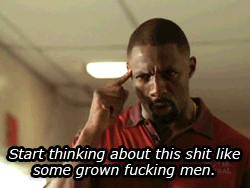
My point being that we already know what these kinds of stories look like. We just have to be brave enough to make a game that's focused around understanding other people rather than shooting them.
tl;dr: Life is Strange meets Persona, minus the strange and the personas
And that’s three glimpses into my brain. Into my dreams.
You may have noticed a few through lines. I'm pretty clearly interested in making games:
Set in the modern day
That tackle modern, realistic (and I use that term extremely loosely) concerns
That are largely non-violent
With non-linear narratives
That involve exploring the lives and feelings of non-player characters
And give those interpersonal relationships systemic narrative bite
Obviously, the projects I've been involved in recently don't check off every one of those boxes on my wishlist. That's generally how it is, if you're making games with other people.
But if you're very, very lucky, you get the opportunity to work on projects that scratch at least one or two of those itches.
I've been very, very lucky.
Cheers,
<3 <3 <#
#gamedev#game design#narrative#relationships#persona#catherine#mass effect#life is strange#prey#dishonored#vampyr#necrobarista
9 notes
·
View notes